
The North West’s Working-Class Heritage is in the spotlight today (Tuesday, 26 July) as Historic England announces funding for community-led projects through its Everyday Heritage Grants: Celebrating Working Class Histories.
Eleven projects across the region will receive grants from the scheme which focuses on heritage that links people to overlooked historic places, with a particular interest in recognising and celebrating working class histories.
In Greater Manchester:
A project based around Heywood’s Peel Street Mill and its people, will highlight the stories of former workers
Unearthing Pendleton's Past at St. Thomas’s church in Pendleton will revealing gravestones, shedding light on the lives of the working class people behind the industrial revolution in the area
In Stretford, The Kathleen Project will uncover hidden tales from people who worked in Manchester’s famed clothing and textile industry from the 1940s
Ordsall’s Fault Lines project will document the rich histories of working class communities in the area of Ordsall in Salford, Greater Manchester, gathering and sharing the memories of at least 60 local residents through aural history interviews, music, creative writing and podcasting
In Salford, Navvies will commemorate the 17,000 anonymous labourers who dug the Manchester Ship Canal and create a permanent micro-forest memorial in the centre of Media City
In Lancashire:
A project will build a new archive documenting and engaging people with the heritage of Blackpool’s working class African and Caribbean community and their relationships to places and buildings in the town
In Chorley, the Lost Farms of Brinscall Moors project will bring the history of Lancashire’s hill farming to life, working with local community groups, schools, churches and Withnell Parish Council to collect and record people's memories
In Morecambe, a grant will fund a project by local organisation Morecambe Heritage, which will create 20 oral histories, 12 films, an exhibition at Morecambe Heritage Centre and further web articles exploring the lives and stories of the landladies (and landlords) who ran bed and breakfasts in Morecambe up until the 1980s
In Merseyside:
Birkenhead's Working Class History, will work with the local community to will undertake research, workshops, share stories and hold a community event
Southport’s The Marshside Fog Bell project will convert the empty fog bell building which stands close to the Southport shore into a micro museum dedicated to telling the stories of life, and of saving lives, along the coast
In Cumbria:
In Workington, the People of Jane Pit project will use film, digital trail, minecraft 3d models, DigVentures to work with young people to reveal and celebrate the contribution that miners made to the Workington's history and development
The announcement follows an open call earlier this year, inviting community or heritage organisations across the country to apply for grants of up to £25,000 in a bid to further the nation’s collective understanding of the past.
The projects in the North West were selected from more than 500 nation-wide applications and are among 57 successful bids being announced today.
Duncan Wilson, Chief Executive of Historic England, said:
Quote
“I’m excited to see the wide range of creative approaches and subjects proposed for Everyday Heritage Grants: Celebrating Working Class Histories. These community-led projects demonstrate that heritage is all around us and accessible to everyone. They will highlight that wherever people live they are surrounded by historic buildings, landscapes and streets, industrial and coastal heritage that can help bring communities together.
“The histories of castles and great houses and their inhabitants are well documented, but we know far less about our everyday heritage. From council estates, pubs and clubs, to farms, factories and shipyards, these are the places where most people have lived, worked and played for hundreds of years. We want to explore these untold stories and celebrate the people and places at the heart of our history.”
Heritage should be for everyone. But not everyone’s stories are told and not everyone’s history is remembered. Historic England’s Everyday Heritage Grants aim to address this imbalance by engaging with the widest possible range of heritage.
The projects selected contribute positively to participants’ wellbeing, as well as
providing innovative volunteering opportunities for young people or those facing loneliness and isolation.
Each project will enable people to creatively share overlooked or untold stories of the places where they live and encourage communities, groups and local people to examine and tell their own stories in their own ways.
Local heritage gives people a sense of pride in place, a cornerstone of the Government’s levelling up agenda, and can act as a powerful catalyst for increasing local opportunities and prosperity.
Everyday Heritage Grants: Celebrating Working Class Histories is among many cultural projects that Historic England aims to deliver to highlight the diversity of the nation’s heritage.
In the North West, the projects receiving funding are:
Peel Street Mill and its people, PossAbilities, Heywood, Greater Manchester, £10,000
This project will highlight the stories of former workers from Peel Street Mill - a former textile mill in Heywood, Greater Manchester. It is led by PossAbilities - a social enterprise supporting 400 people with learning disabilities. Their HQ is based on the site of the mill. Co-created with the people PossAbilities supports and the local community, this project will build a picture of the working-class lives that lie buried beneath the places where this community lives and works. Outputs will include: web content, a publication, teaching resources for schools, films, animations and artworks, a physical model of the site as it was, and a walking trail in their local wellbeing garden.
Unearthing Pendleton's Past, Greater Manchester, £10,000
Led by The Friends of St. Thomas and the Greater Manchester Archaeological Advisory Service, the project will include members of the congregation, the local community, Iranian refugees and asylum seekers, Salford Veterans, two schools and a mental health charity.
St. Thomas’s church in Pendleton was consecrated in 1831, built in response to the influx of the working classes to the booming textile industry. Today, the church graveyard contains approximately 9,700 burials, the majority from the nineteenth century. For nearly half a century, the gravestones have been hidden under turf.
The project will remove turf in two areas, permanently revealing the gravestones beneath. Research will be undertaken on those buried, shedding light on the lives of the working class people behind the growth of Pendleton, who fuelled the industrial revolution. Their untold stories will be displayed on interpretation boards within the graveyard.
Salford Mayor Paul Dennett, said:
“It is fantastic to see the Friends Group at St Thomas’s Church working on an exciting collaborative project with Greater Manchester’s Archaeological Advisory Service (GMAAS), young people and teachers in our local schools and Salford’s START Inspiring Minds’ team to unearth Pendleton’s rich heritage, industrial and social history and importantly the many stories and experiences that have characterised our great City of Salford through-out the years in a heritage bid to Historic England.
Exploring our social, industrial and political history in this way is a really important part of animating our City, bringing people and communities together and importantly reflecting on our City’s proud and diverse history. I’m really supportive of the Friends Group’s bid to Historic England and I wish them every success and look forward to hopefully seeing and experiencing this great collaborative heritage endeavour.”
The Revd Canon Daniel Burton, Salford All Saints Team Rector, said:
Quote“The grant from Historic England to the Friends of St Thomas Pendleton is wonderful news. We are now looking forward to delivering this exciting project. The vision is to celebrate forgotten histories of Pendleton people and we hope to engage local institutions and individuals in working towards this common goal. In doing so, we hope that the project will become a source of community pride and celebration for the future.”
The Kathleen Project, Stretford, Greater Manchester, £10,000
Inspired by an unknown textile worker, this project will uncover hidden tales from people who worked in Manchester’s famed clothing and textile industry from the 1940s onwards, revealing the impact this has had on them and their communities to this day. The Kathleen Project will capture these stories, with audio recording of first-hand accounts, as well as through photo and video documentation. Local people will be able to access the content online and, in an exhibition, held at a pop-up shop in Stretford, Manchester.
Stitched-Up's Bryony Shanahan said:
Quote“We’re so excited to be bringing to life a project that we’ve been dreaming about ever since a knackered old industrial sewing machine was left on our doorstep in 2016, its drawer containing a photo and name badge of a woman called Kathleen. The Kathleen Project will allow us to uncover hidden histories from Manchester's industrial past, reflecting on our shared history and how this relates to the clothing makers of today.”
Fault Lines, Ordsall, Greater Manchester, £10,000
The project will document the rich histories of working class communities in the area of Ordsall in Salford, Greater Manchester, gathering and sharing the memories of at least 60 local residents through aural history interviews, music, creative writing and podcasting. Working in collaboration with community organisations such as the New Barracks Association, Ordsall Community Allotment and Salford Lads Club, and supported by five young Community Reporter volunteers, a musical and aural history trail will be created. The trail will be displayed through QR codes at local landmarks in the area and made available online as a digital archive of the project.
Katie Charlton, Founder & Director of Starling, said:
Quote‘We are thrilled to have this exciting opportunity to hear and share the lived experiences of the Ordsall community and creatively celebrate the fascinating social history of an often overlooked area.’
Navvies, Salford, Greater Manchester, £22,000
A ground-breaking, multi-strand participatory project commemorating the 17,000 anonymous labourers who dug the Manchester Ship Canal. A team of 150 local volunteers and heritage experts will uncover the stories of those original workers, before creating a permanent micro-forest memorial in the centre of Media City. The project will culminate in community events celebrating local working class and Irish history, plus a spectacular light and sound installation in the canal itself.
Birkenhead's Working Class History, Merseyside, £9,000
Working with the local community, this project will undertake research, workshops, share stories and hold a community event to recognise Birkenhead’s working class history. The town’s rich heritage includes Lairds Shipyards, Birkenhead Market, Birkenhead Park, The Laird School of Art, Mersey Ferries, Birkenhead Priory and Tranmere Rovers FC. The project will ensure that everyone involved has shaped the work to demonstrate a place where ordinary people work and live.
Andrew Shaw, Convenience Gallery Director, said:
Quote"Receiving the award for this project is a massive honour. We’re excited and proud to work with local people explore and tell the working class histories of the town. Birkenhead is home to the first municipal park in the world, pubs of historic significance, the first art school outside London, the shipyards and so much more. Our whole ethos as a community interest company is about making accessible ways for people to come together through arts and culture. We can’t wait to get started.”
The Marshside Fog Bell, Southport, Merseyside, £6,000
This project will convert the empty fog bell building which stands close to the Southport shore into a micro museum dedicated to telling the stories of life, and of saving lives, along the coast. Local schools and churches, the North Meols Family History Society, North Meols Civic Society and the Southport Lifeboat crew will all collaborate with NW Heritage to create interpretation boards, family trees, oral recordings and video material.
The Marshside fog bell is a local landmark, built following an 1869 tragedy when seven local fishermen drowned after becoming disoriented in fog and cut off by the incoming tide. A community fund was set up by the working class people of Southport to construct a building with a bell on top of a tall mast that could be rung to guide fishermen safely back to shore in the event of fog.
Paul Sherman, Director of NW Heritage Community Interest Company, said:
Quote“The Everyday Heritage grant from Historic England means the long hoped for dream of converting the fog bell site into a unique community heritage asset is now within our grasp. By working with members of the community as co creators throughout the project, NW Heritage hopes that the Marshside Fog bell Micro Museum will be able to tell the fascinating stories of our coast and of saving lives along our coast.”
Blackpool's African and Caribbean Community Archive, Lancashire, £10,000
The project will build a new archive documenting and engaging people with the heritage of Blackpool’s working class African and Caribbean community and their relationships to places and buildings in the town. Blackpool, Fylde & Wyre African Caribbean Friends and Relations Association (AFRA) will help to identify significant locations, together with members of the wider community, who will be invited to contribute their stories, images and videos.
Volunteers will be trained to take photographs and record oral histories, they will also work with photographers and artists to create new photographs and films. Participants will be able to add their own place-themed artworks to the archive. They will also decide how the stories and images are shared, this could be through exhibitions, installations, zines and online. A new permanent collection will be made available online and at AFRA’s new venue.
Carter and Donna Jackson, Blackpool Fylde & Wyre African Caribbean Friends & Relations Association, said:
Quote"We’re really looking forward to starting the project this autumn. We can’t wait to reconnect with our members and the local African Caribbean community to share memories, explore our history and build something for the future.”
Lost Farms of Brinscall Moors, Chorley, Lancashire, £12,000
The project will bring the history of Lancashire’s hill farming to life, working with local community groups, schools, churches and Withnell Parish Council to collect and record people's memories. Using the area’s farm ruins as a focal point, local people will produce sign boards with links to audio and video recordings, a website and run a series of family events and guided walks with themed activities to promote local heritage.
The landscape around Brinscall, Chorley, is scattered with many farm ruins - over 50 in just five square miles. Lancashire hill farming was a typical way of life for most families throughout the 18th and 19th centuries, with the last farmhouse being inhabited up until 1960.
Elizabeth Webley, Director of Wildwood Days, said:
Quote"We are so happy and excited to be able to work with the local community on this project. The Lost Farms of Brinscall Moors are a unique part of our landscape but they are often unnoticed by visitors. This funding means we can really bring this rich local history to life and record people's memories of Lancashire hill farming for posterity".
The Landladies of Morecambe, Lancashire, £10,000
The grant will fund a project by local organisation Morecambe Heritage, which will create 20 oral histories, 12 films, an exhibition at Morecambe Heritage Centre and further web articles exploring the lives and stories of the landladies (and landlords) who ran bed and breakfasts in Morecambe up until the 1980s, when it was a favourite holiday destination for working class families from Northern England and Scotland. Famed for their no-nonsense reputation, gruff manner and strict rules and regulations, there are many stories about Morecambe’s landladies and landlords from the experiences of holidaymakers over the decades. Through searching out landladies and landlords, their children and customers, and through interviewing them and recording their memories, the project will aim to record this valuable working-class archival information before it is lost forever.
People of Jane Pit, Workington, Cumbria, £24,000
Through film, digital trail, minecraft 3d models, DigVentures will work with young people to reveal and celebrate the contribution that miners made to the Workington's history and development.


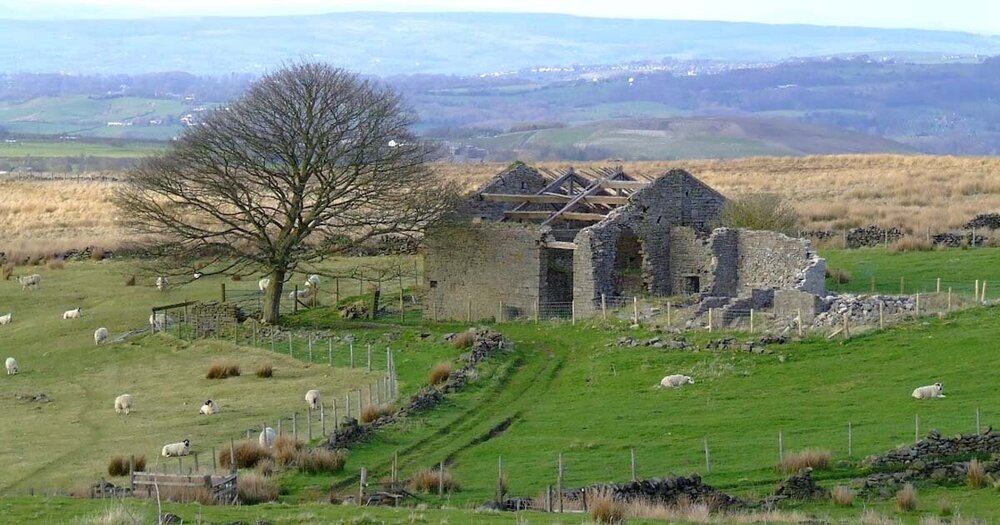

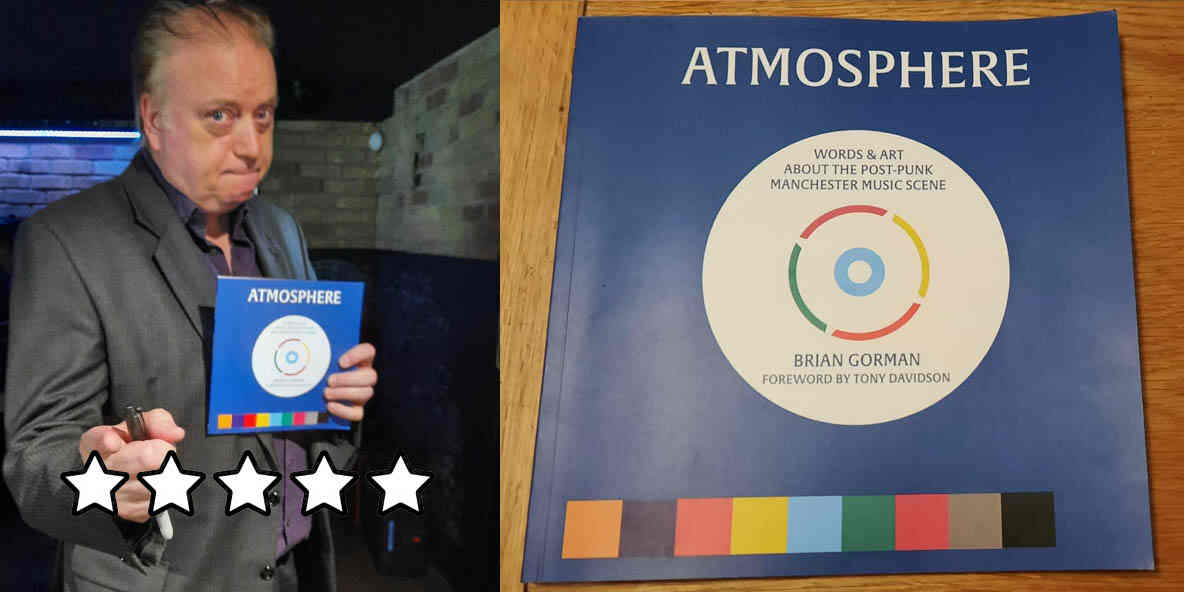
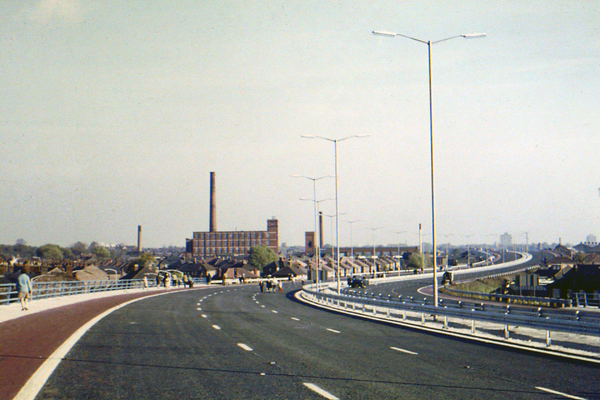
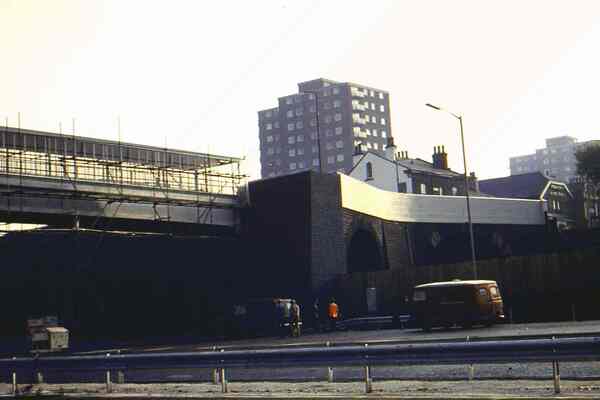
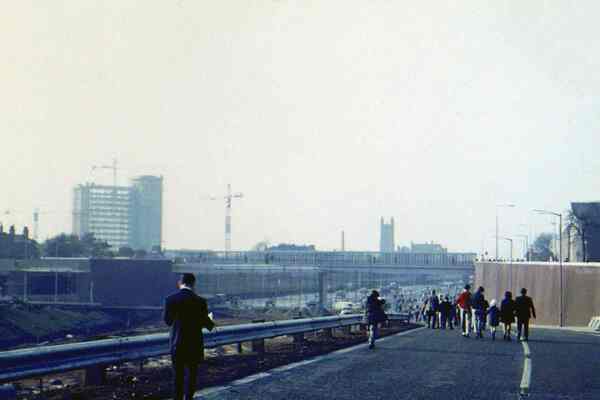
Recommended Comments
There are no comments to display.
Create an account or sign in to comment
You need to be a member in order to leave a comment
Create an account
Sign up for a new account in our community. It's easy!
Register a new accountSign in
Already have an account? Sign in here.
Sign In Now